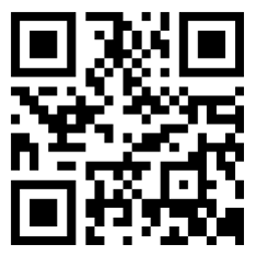Conflict Minerals Procurement Policy Announcement
发布时间:2021-04-01
EICC pointed out that some metal minerals have become the main source of income for the armed rebel groups in the Democratic Republic of Congo in Africa, used to trade arms, continue the conflict with the government, and ravage local civilians, thus causing international controversy. As a citizen of the world, Suzhou Zhaoxinchi Intelligent Technology Co., Ltd. swears and promises not to use metals from conflict mining areas; at the same time, we also require our suppliers to:
(1) Must fulfill social environmental responsibility;
(2) Ensure that the products do not use "conflict minerals" from the Democratic Republic of Congo and its surrounding countries and regions;
(3) Trace the source of gold (Au), tantalum (Ta), tin (Sn), and tungsten (W) contained in all products;
(4) Communicate this requirement to its upstream suppliers.
Conflict metals: refers to minerals from conflict mining areas in the Democratic Republic of Congo. The categories include niobium tantalite, cassiterite, wolframite and gold. These minerals are refined into tantalum (Ta), tin (Sn), tungsten (W) (three T minerals), cobalt (Co) and gold (Au), etc., which are used in electronics and other products, respectively.
In the near future, the use of metals produced by certain smelters will be prohibited, so all key suppliers must trace the source of the metal used in their parts and the smelter. In addition, the metals exported from the following countries do not comply with the "Conflict-Free Regulations": Democratic Republic of Congo (DRC), Rwanda, Uganda, Burundi, Tanzania, Kenya Kenya (the United Nations Security Council recognizes the above-mentioned countries as the minerals of Congolese veins).
Suzhou Zhaoxinchi Intelligent Technology Co., Ltd. hereby formulates the "Conflict Mineral Procurement Policy" and makes the following commitments:
(1) Do not purchase conflict minerals from conflict areas;
(2) Suppliers are required to refuse to use conflict minerals from conflict areas and sign a commitment letter of conflict-free minerals to the company.
(3) Require the company's suppliers, and their upstream and downstream suppliers, to comply with the requirements of the conflict-free mineral policy.
(4) Do our best to prohibit the purchase of possible conflict minerals from Congo and neighboring countries.
-

Joy Sintering Intelligent Technology Co., Ltd.
Consulting Tel: 13235227561
Email: durant.d@xc-mim.com
Email: tiger.f@xc-mim.com
Email: hr11@xc-mim.com
Address: Factory No. 1, No. 51, East Changxing Road, Nantong City, Jiangsu Province, China
-
- About us
- About us
- History
- Culture
- Honor
- Products
- MIM
- HINGE
- Job
- Talent strategy
- Growth channel
- Platform
-
 Scan the QR code
Scan the QR code
Top

 Scan the QR code
Scan the QR code